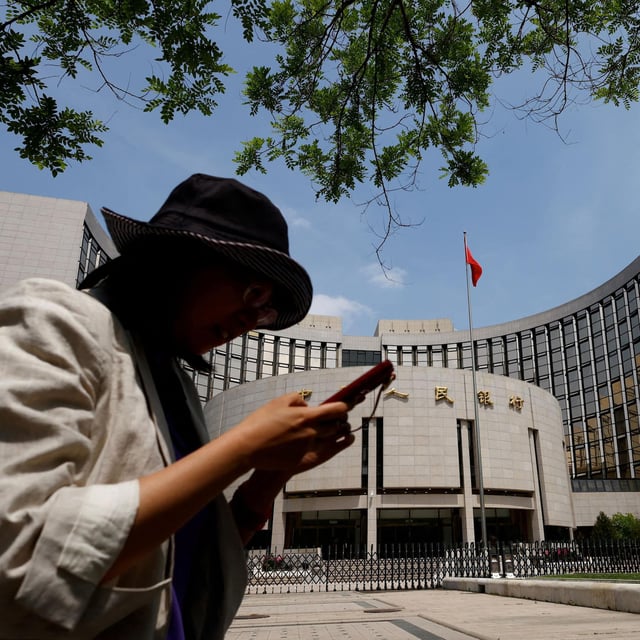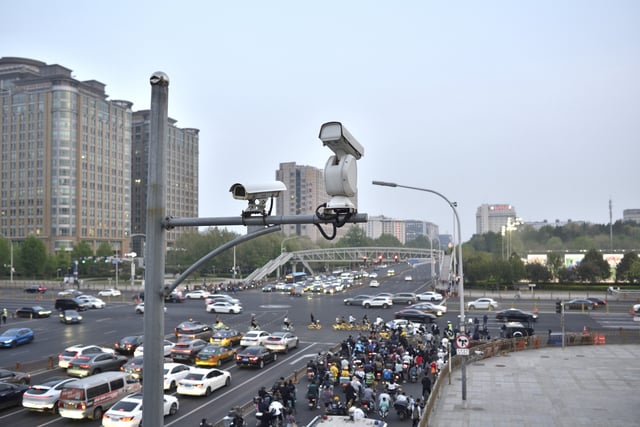Overview
- The Ministry of Public Security and Cyberspace Administration of China formally launched the digital ID on July 15, integrating it with major platforms such as WeChat, Taobao, Tmall and Douyin
- Users are required to submit personal data, including facial scans and national ID details, to receive unique encrypted codes for online authentication
- Authorities say the system will protect citizens’ identity information, curb fraud and bolster the development of China’s digital economy
- Human rights groups caution that centralizing these credentials will deepen state surveillance, enable personalized censorship and risk turning optional registration into compulsory use
- Data security experts highlight vulnerabilities in a centralized database, pointing to incidents like the 2022 Shanghai police breach as warnings of potential large-scale hacks



